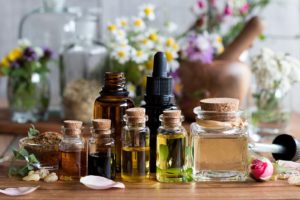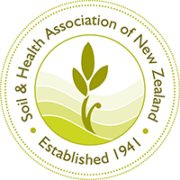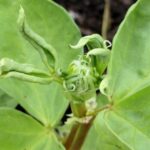Antiviral plant medicine
Denise Cox explores the antiviral properties of plants, particularly in the forms of essential oils and tinctures.
Disclaimer
This information is not intended as medical diagnosis or prescription. Please contact your healthcare provider if you feel unwell or have symptoms of covid-19.
Cautionary notes
Herbal medicines and essential oils may interact with pharmaceutical medicines. Seek medical advice before using on children, when pregnant or if you have pre-existing medical conditions. Do not ingest essential oils. Use them in small quantities and dilute with a suitable carrier oil.
Today’s pharmaceutical industry is a relatively recent phenomenon, originating from Victorian apothecaries where drugs such as morphine were  made from plant compounds, and early twentieth century dye and chemical companies who discovered medicinal uses from their by–products. For millennia before that traditional medicine primarily used the properties of plants to treat or help prevent illnesses, including viral infections.
made from plant compounds, and early twentieth century dye and chemical companies who discovered medicinal uses from their by–products. For millennia before that traditional medicine primarily used the properties of plants to treat or help prevent illnesses, including viral infections.
Clinical research on the antiviral properties of specific herbs is limited, having been conducted in laboratory petri dishes, or animals, and may not have been tested on humans. However, chemical components within plants may disrupt the viral lifecycle and alleviate symptoms, for example, help relieve a cough, assist with breathing or sleep, improve recovery, or boost the immune system.



